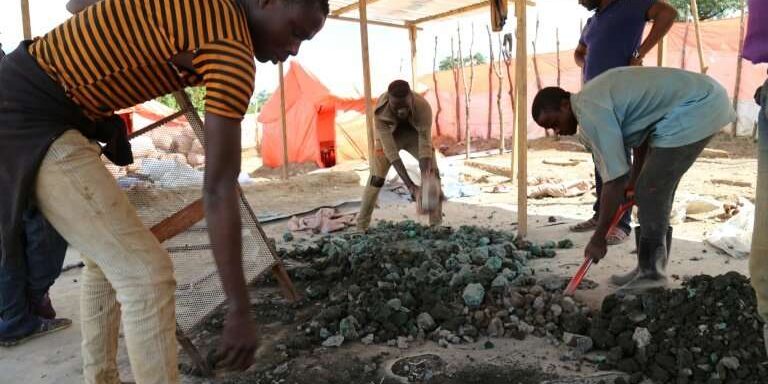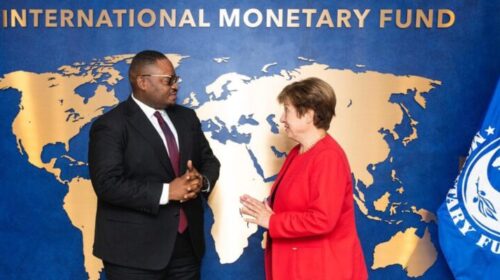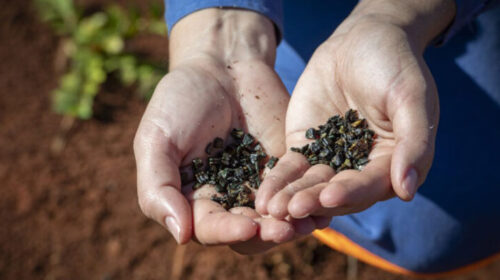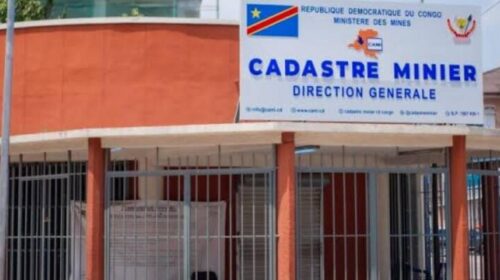EU and Canadian IMPACT team up to Combat Cobalt Corruption in DRC
The Canadian organization IMPACT, which specializes in improving the management of natural resources, launched on March 21 in the city of Kolwezi the project “Mapping costs”. This is an initiative funded by the European Union and intended to fight against corruption by promoting transparency of taxes and royalties applicable in the artisanal cobalt sector in the DRC.
This initiative brings together various stakeholders, including local elected officials, artisanal miners, civil society actors, traders and experts in mining and financial management, this project will consist of holding a series of workshops to examine taxes and other charges currently in effect.
The objective at the end of the various workshops is to provide artisanal miners with technical sheets that can help them deter requests for illegal payments.
“By mapping mandatory formalities and fees through a multi-stakeholder consultative process, we hope to remove any ambiguity in taxation related to artisanal cobalt and provide artisanal miners and traders with a useful reference guide they can consult to ensure that ‘they are not victims of extortion,’ said Joanne Lebert, Executive Director of IMPACT.
These extortions and other bribes paid in particular to state officials would deprive artisanal miners of around 20% of the total value of the product extracted, according to an OECD report cited by IMPACT.
The organization has already carried out a similar project in relation to artisanal gold mining in Ituri province, where fees represented up to 12% of the value of the ore. Not only have costs fallen for miners since then, but the number of formalities to complete to export artisanal gold has fallen from 26 to 9.
Remember that artisanal mining represents between 15 and 30% of cobalt production in the DRC. The country provides 70% of the world’s supply and exported more than 115,000 tonnes of cobalt in 2022, according to statistics from the Ministry of Mines.
![]()





